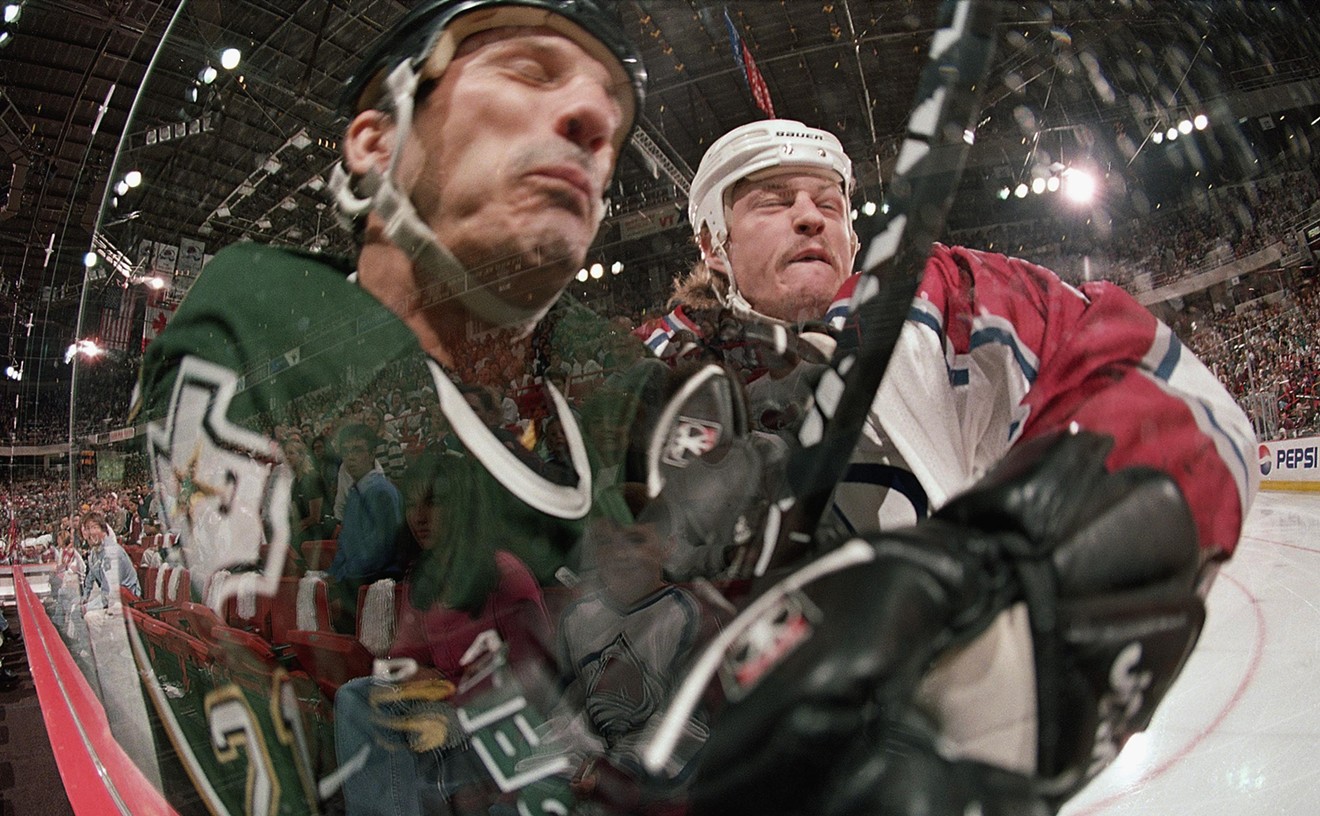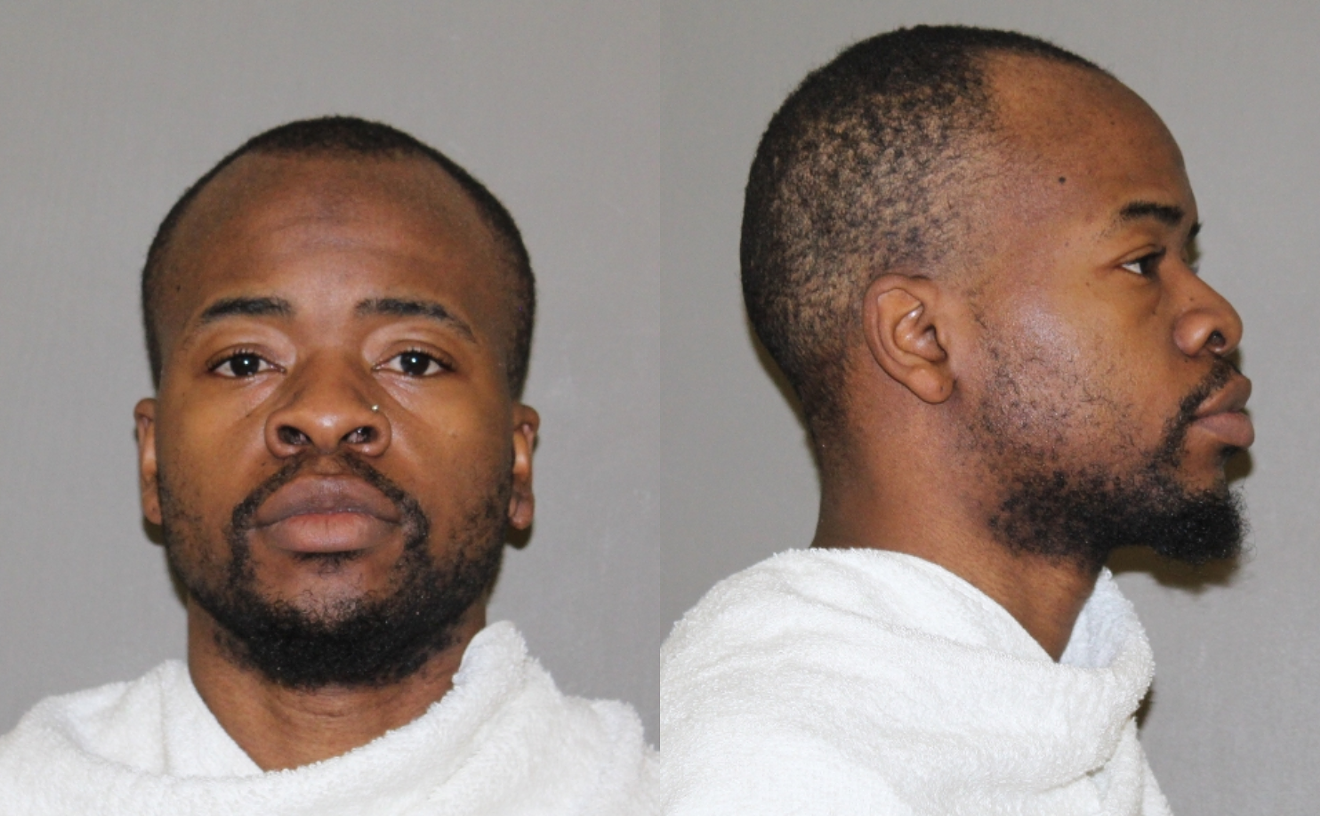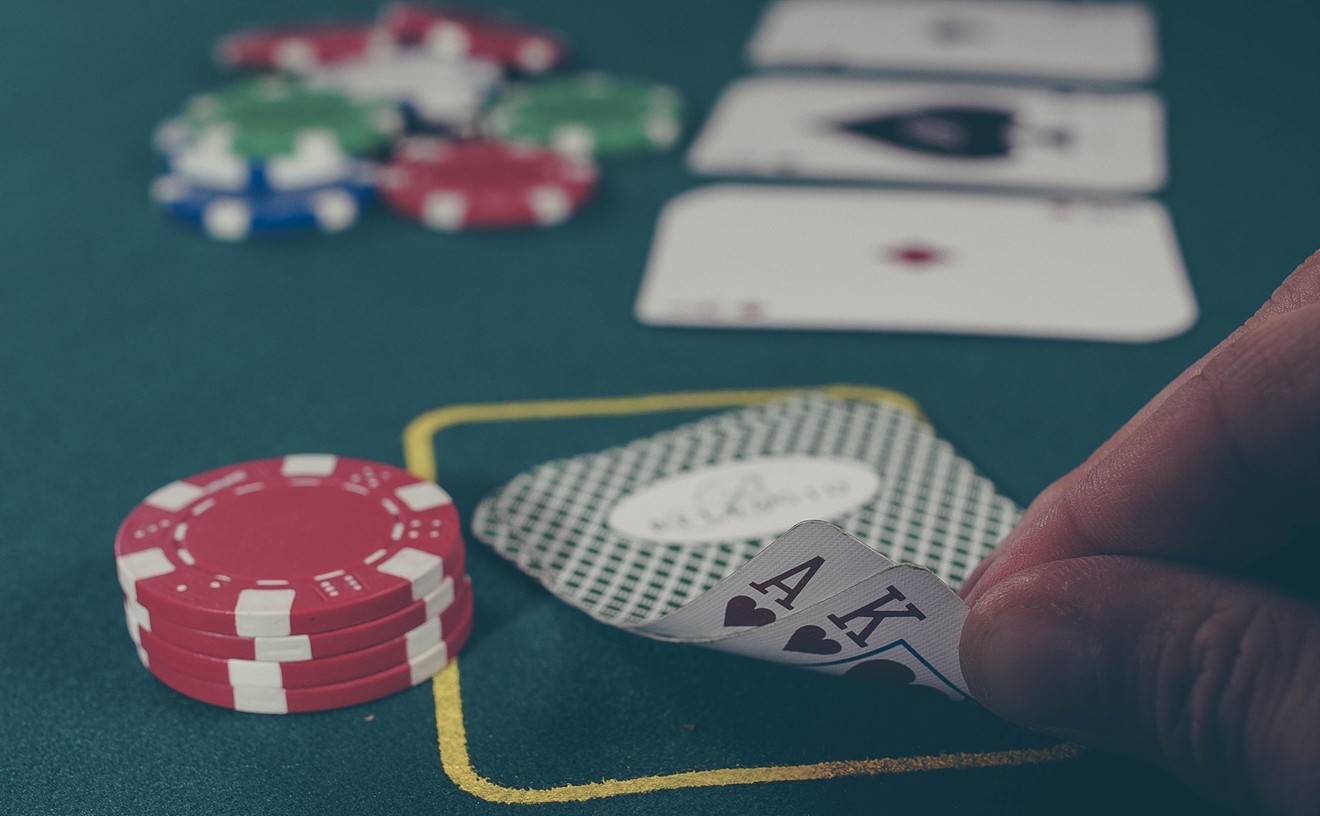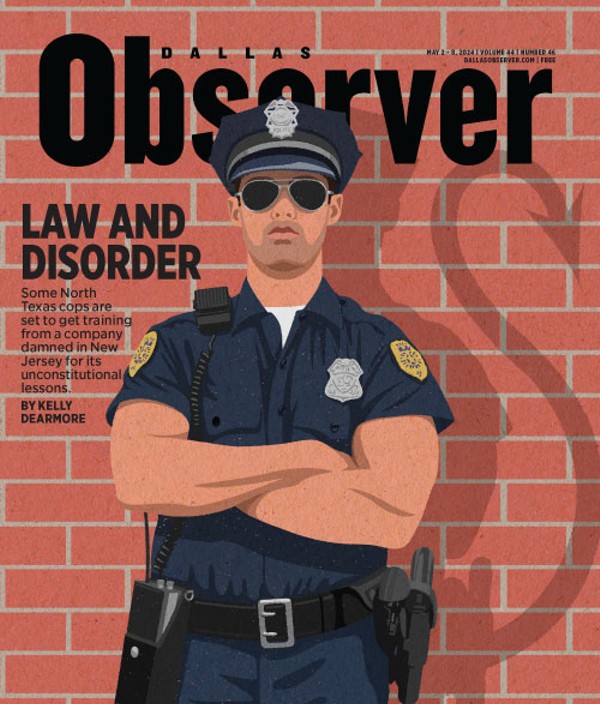--Former Tigers pitcher Jack Morris, on female sportswriters
A few weeks ago all this gender stuff started rattling around the empty space in my brain. Andy Rooney, the 83-year-old 60 Minutes mainstay, was the impetus. Well, not so much the crusty old reporter himself as the strange thoughts that escaped his lips. He's a cranky bag, Rooney, but damn if he doesn't speak his mind.
In case you missed it, he was on the MSG Network and he blurted out that--although he isn't a sexist person--"the only thing that really bugs me about television's coverage [of sports] is those damn women they have down on the sidelines who don't know what the hell they're talking about." Atavistic beliefs are common in my biz among the old-heads. Normally, I would have laughed it off as the misogynist babbling of a former Stars & Stripes reporter who still believes it's June 6, 1944. But shortly thereafter I was in the Dallas Cowboys locker room, and I was reminded of the unnecessary b.s. women reporters have to deal with every day.
Dallas Morning News writer Graham Watson was there. She was trying to get running back Troy Hambrick to answer a few innocuous questions. Turned out to be a tougher racket than she might have expected. Hambrick was more than willing to give her the time, but he was also trying to make time, too. (Is that even a saying anymore?) He was trying to hook up, hit on her, whatever you want to call it. Hambrick answered her questions, but he flirted, too. This went on for a while, mostly in circles. Watson was professional; Hambrick was goofy and obvious. And I was annoyed because I had to sit there and wait it out.
It wasn't overt sexual harassment or anything--it was pretty innocent--but it required a lot of patience on her part because Hambrick didn't give up. He was that guy at the bar, the one who keeps trying to get some girl's number even though she keeps rolling her eyes.
"It's uncomfortable to a point," admits Watson, who had to get clearance from the DMN higher-ups to speak with me. (Even then, several co-workers advised her against it. For some reason, the Dallas Observer doesn't have the best rep with the Belo people. I can't imagine why.) "I don't like colleagues looking at me and thinking that I'm flirting with the players, because I'm not. I don't endorse it. It can make my job harder, but it can make it easier, too. Sometimes, they may try to impress me, and I might get better quotes because they're more open. But it's not really uncomfortable with the players, because I don't fall for it."
That's all so crazy. It's not that I think Watson had to bear some terrible burden; it's that the whole experience is so foreign. I've never been hit on in the locker room, thankfully. My work has never been stigmatized because of my gender. I've never had to justify my position to some drunken sports nut because I have long hair (which I don't) or nice legs (which I do). I can't empathize. Prior to this, I hadn't given it much thought. Actually, I hadn't given it any thought.
But now I'm beginning to understand what a huge pain in the ass that must be after a while. In retrospect, I was, at times, the root cause of some of that ass pain. In the interest of full disclosure, I've hit on female reporters. I've dated them. It's not the most professional practice, but it happens. I work at an alternative newspaper; when we show up sober or remember to wear pants, we get gold stars.
So I wonder: Is being a woman in a mostly male profession such as sports journalism something that has to be overcome? Are they objectified and criticized without cause?
"Sometimes, there's a double standard, yeah," says Gina Miller of WFAA-Channel 8. Before she can continue, one of the Fox Southwest guys rolls over--the loud, annoying one with the loud, annoying hair. What's his name again? Captain Obnoxsour? Anyway, he flashes a bunch of teeth and says, "Gina, you're way too sexy," and then slithers along. "That doesn't bother me," Miller says, pressing on. "It happens. It happened more when I worked in Knoxville than it does here, but it's no big thing. Sometimes the players do it, sometimes other reporters do it, but you just try to stay professional.
"The hardest thing is, what I was saying--the double standard. If I mess up a name, or if I screw up a score, all of a sudden I've got people calling in, yelling, 'What the hell is the sports girl doing?' Everybody makes those mistakes, right? But you can't really if you're a woman, or, if you do, people say things. That's why I'm so anal about the details. The learning curve for women...I think it's shorter. Because you do have people like Andy Rooney out there making cracks. It doesn't help, either, when you have certain incidents."
Right, incidents. A few weeks ago, some TV gal in Minnesota was suspended for what a WCCO-TV (a CBS affiliate) spokesperson called "inappropriate behavior" during the Minnesota Twins division-clinching locker room party. According to the local newspaper, the Pioneer Press, reporter Anne Hutchinson was caught on tape "pouring beverages over several players' heads, trading tokes on a cigar with second baseman Luis Rivas and squealing with delight while being chased around the room...'It was like a frat party,' one CCO staffer was quoted as saying, 'and she was the only girl who showed up.'"
These types of stories are hardly news. I could tell you tales that have become legend in Philly, but it would probably get the paper sued and me fired. All that is beside the point. You never really hear those same stories about the guys, even though, for example, if you've watched a League Championship Series in the past 10 years, you've seen baseball analyst Tim McCarver shamelessly incorporating himself into any number of postseason celebrations.
"It's unfair that we even have to deal with it; it's unfair that it's even an issue; it's unfair that there's a double standard," says KLUV Cowboys radio reporter Kristi Scales. During the preseason, she became the first woman to serve as color analyst on a Pokes radio broadcast. "But we live in the real world, so you deal with it the best you can. Everyone is entitled to their opinions.
"In my experience, the job has been great. The Cowboys--everyone from the players to the coaches to the trainers--have treated me with respect. When you do your job, you earn respect. There may be some sports females out there who got their jobs because management thought they needed a woman or some eye candy for the guys to look at. I don't know, but I hope not."
Again, I never gave all this much thought. Women in the locker room never bothered me. That might sound like a cop-out, but I've always seen them as peers because I was never exposed to the pre-chick atmosphere. Besides, better to hang out with Gina Miller than some wrinkly Depends dependent like Rooney.
So I'm not sure what all this means. I'm not sure that the ladies in the locker room have it any tougher than the guys do. I'm not even sure they believe it's all that bad, either. They have it different, certainly, but I don't know that it's any harder or that they've been unjustly stereotyped. I do know that there was a consensus on one issue among both the men and women: Jack Morris was on to something. Interviewing an athlete with his man-meat exposed is not a perk.










